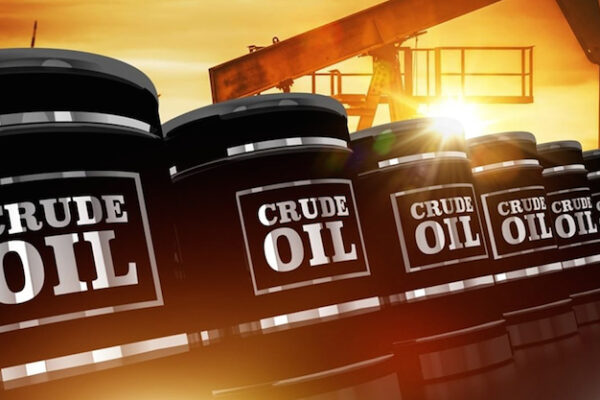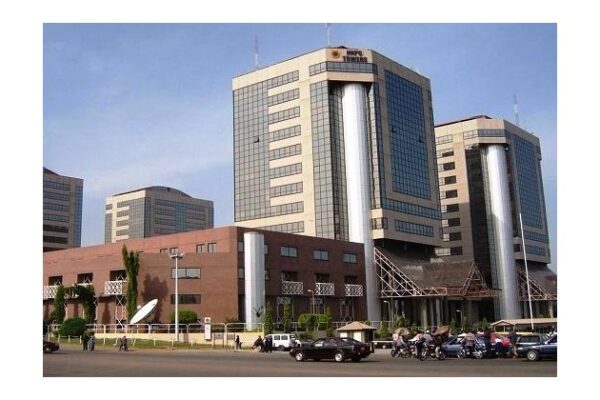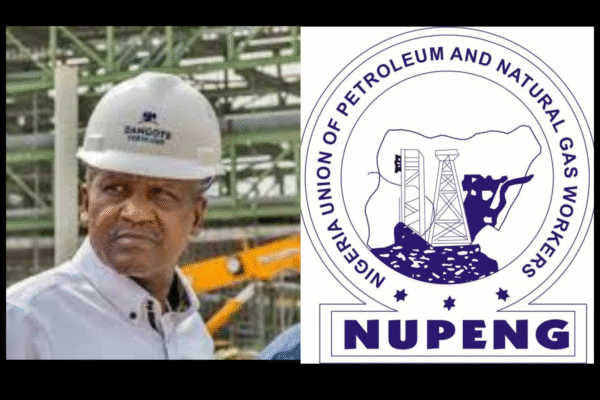By Prince Iroka, Nigeria’s hemorrhaging economy may be on the brink of collapse due to the inability of indigenous companies that acquired divested assets from some International Oil Companies (IOCs) to pay relevant taxes.In 2022, Shell Companies in Nigeria paid the Nigerian government a total of $4.5 billion as production entitlements, taxes, royalties and fees.The oil and gas industry which currently accounts for about 10 per cent of the nation’s Gross Domestic Product (GDP), contributes about 70 percent of government revenues and over 90 per cent of export revenues.But, there are fears from industry observers that these figures for GDP and revenue contributions would be reduced drastically in the years ahead due to the current wave of divestment which may not likely to abate Their fears was further triggered on Tuesday when Shell announced the sale of its Nigerian subsidiary Shell Petroleum Development Company(SPDC) onshore and gas assets Limited to Renaissance Africa Energy in $2.4 billion deal.For those familiar with operations in the oil and gas industry, they saw the Shell exit coming due to the inability of Government to address industry concerns which included; pipeline vandalism, multiplicity of taxes and the big elephant in the room oil theft.In 2010, IOCs openly decried increasing sabotage, community crises, insecurity, oil theft and most recently a rising global withdrawal of financing for fossil fuel activities in solidarity for actions against climate change.Recall, that at COP 26 in Glasgow, Scotland, Nigeria made a commitment alongside other global nations for the discontinuation of fossil fuel production by 2060.Already, the results of these divestments is beginning to take a negative effect in the oil industry with the inability of Nigeria to meet its Organisation of Petroleum Exporting Countries (OPEC) quotaDivestments worth over N20.8 trillion already concluded by the IOCs are Exxonmobil offloading assets worth $15 billion, Shell;$2.4 billion, Eni;$5 billion, Conocophillips :$1.65 billion. There are still many more divestment plans under wraps by some IOCs which would be unveiled in the months ahead. However, there are concerns that indigenous oil and gas companies angling to take over these assets lack what it takes to move the industry to the next level. Some of the concerns expressed by industry stakeholders are; funding, lack of strong corporate governance structure, lack of technical capacity and the shift from fossil fuel to other cleaner sources of energy as canvassed at COP 26.9 Confirming the possibility of revenue loss for Government, immediate past Executive Secretary of the Nigerian Content Development and Monitoring Board (NCDMB), Mr. Simbi Wabote, had last year during a breakfast meeting with editors in Abuja raised the alarm that the divestment of onshore oil and gas assets by the International Oil Companies (IOCs) is depleting the federal government’s tax revenues due to the refusal of some of the indigenous players who acquired the assets to pay tax. Wabote, who also enumerated the enormous gains of the ongoing divestment of assets by the multinational companies, noted that while the IOCs that operated the assets paid tax as at when due, some of the indigenous Nigerian companies that bought the assets have stopped paying tax. Wabote accused indigenous operators of flouting the Nigerian Oil and Gas Industry Content Development (NOGICD) Act of 2010. He, however, disclosed that with the implementation of the NOGICD Act and divestment of assets by the IOCs, indigenous players have moved from near-zero participation in the oil and gas sector to the point where they are now responsible for 15 per cent of Nigeria’s oil production and 60 per cent of the country’s domestic gas supply. “But beyond the positives, it must also be observed that the divestment of producing assets to indigenous players poses significant challenges for the implementation of the Nigerian Oil and Gas Industry Content Development Act. The worries are predicated on research findings and our experience in implementing the NOGICD Act in the past 13 years which indicates that indigenous firms, especially the indigenous operating companies are serial violators of the Nigerian Content Act. “In many instances, international operators tend to comply with the Nigerian Content because it is in their DNA to obey laws or they have to show evidence of compliance to their home offices. “On the contrary, many indigenous companies feel entitled and assume they can get away with non-compliance. At other times they want to save costs to the detriment of the local economy,” Wabote explained. For his part, former Director, Center for Petroleum Energy Economics and Law, University of Ibadan, Prof Adeola Adenikinju, in a telephone interview with Daily Sun said he doubts the one-on –one experience of the new asset owners in terms of international reach and financial capability needed to run such assets. ‘‘One would have been happier if these companies were given green field asset to test their capability as against this Shell deal. Some companies that acquired such assets in the past are struggling to break even while some have failed to add value to the assets,’’. Adenikinju fears may not be unconnected with a recent agreement by 20 countries to end financing for fossil fuel projects abroad. Several countries had already agreed to end international financing for coal, but this agreement is the first of its kind to include oil and gas projects as well. The US, UK, Canada, Italy, Switzerland and New Zealand, among others, were party to the agreement, which commits to “end new direct public support for the international unabated fossil fuel energy sector by the end of 2022, except in limited and clearly defined circumstances that are consistent with a 1.5°C warming limit and the goals of the Paris Agreement.”






